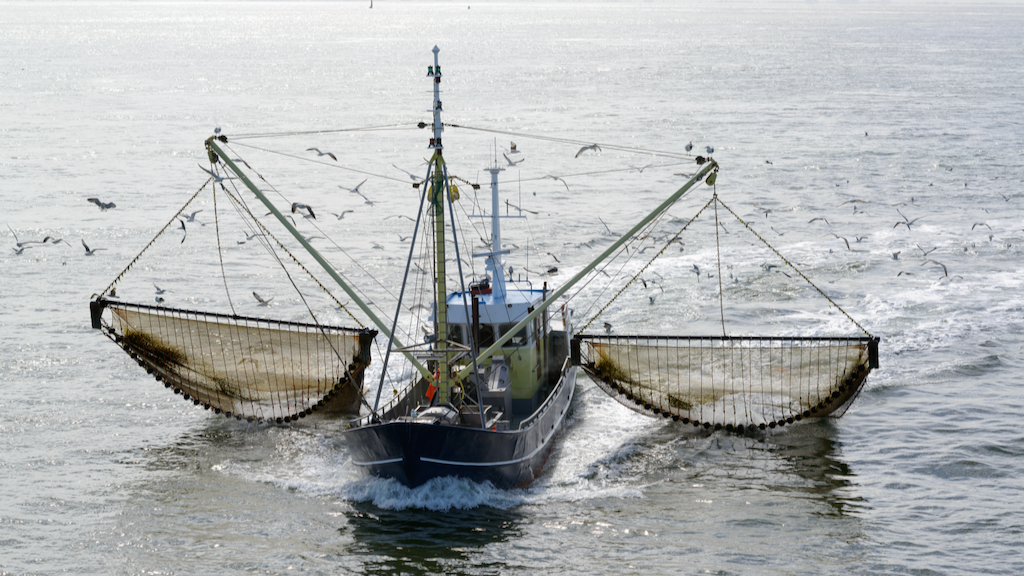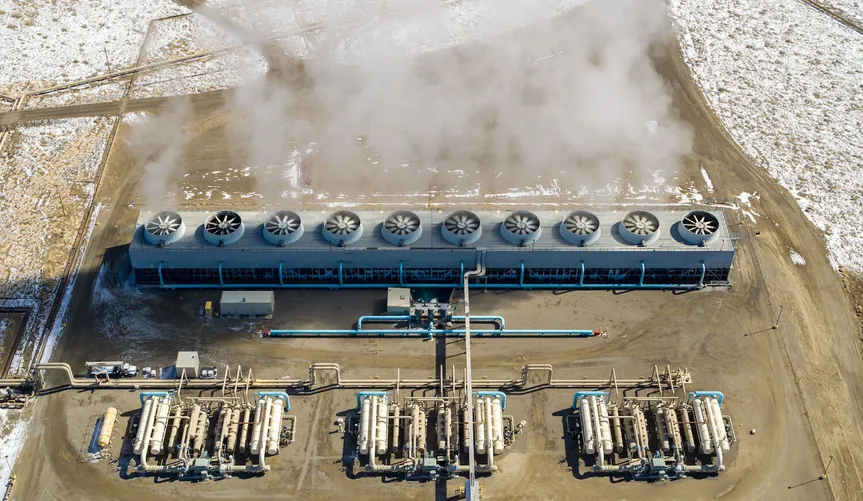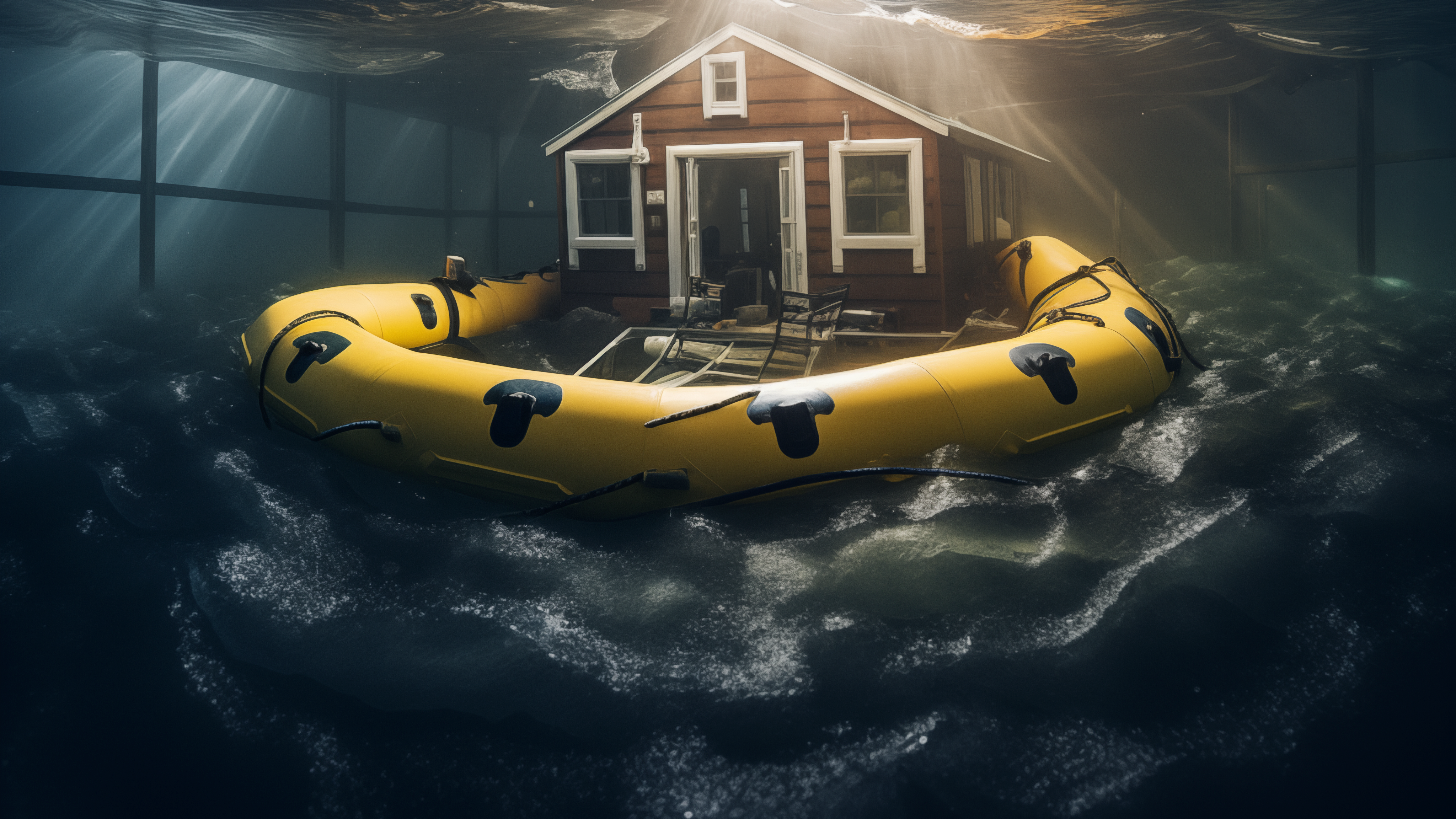Overfishing is a global problem that, like many of the modern era, has intensified with growing populations and prosperity. The seafood boom has put pressure on wild populations of certain species, threatening the collapse of productive and valuable ocean fisheries. Fishing capacity of richer nations has expanded accordingly and threatens to crowd out poorer nations that can’t keep up.
Much of the root causes of overfishing come down to the ability of richer nations to subsidize catches far from their own shores. The World Trade Organization (WTO) has emerged as a leading forum for combating overfishing through the crafting of trade rules backed by fines and sanctions. Nevertheless, it has taken 20 years for the WTO to make any real headway on the problem.
Yet a 2022 agreement on poaching and a pending major conference in Abu Dhabi in February 2024 have bolstered the hopes of those seeking to address overfishing by tackling subsidies in a comprehensive way through the WTO. But some experts are skeptical that member nations will be able to overcome fundamental disagreements—including on what constitutes a subsidy—and are seeking other remedies.
Overfishing the Global Commons
People are eating more seafood. According to the UN’s Food and Agriculture Organization (FAO), total wild catch and farmed fish and other seafood (hereafter “fish”) production has expanded from 19 million metric tons in 1950 to 178 in 2020, at an annual growth rate of over 3%.
Live catch numbers are more significant than overall production in a biodiversity sense. The FAO says global capture production has remained relatively stable in recent decades, fluctuating between 86 and 93 million metric tons per year since the late 1980s. The People’s Republic of China is far and away the world’s largest live-capture harvester, taking 11.77 million metric tons in 2020, 15% of the world’s total. The United States took 4.23 million metric tons, or 5%. In 2020, the first-sale value of wild caught fish worldwide was $406 billion.
Growth in aquaculture—fish farming—has supplied an increasing amount of the world’s demand, expanding from 13.1 million metric tons in 1990 to 87.5 million in 2020, for a whoping 569% increase. Right now, consumption of fish from aquaculture is about equal to that from live catches from fisheries.
The numbers might suggest that the world has reached a certain equilibrium with regard to fish consumption. However, these overall statistics hide the disproportionate impact on certain species and regions. Wild catches are increasingly made at unsustainable rates, and fishing fleets with the highest government subsidies are getting an increasing share.
The generally accepted definition of unsustainable fishing is taking wild fish faster than they can reproduce. In 1974, 90% of fisheries were naturally sustaining. By 2019 (the latest year the FAO has data for) sustainable levels decreased to 64.6%.
Superfluous Subsidy or Economic Development?
When catches in a given fishery drop off, fleets in richer nations can afford to modernize their vessels to take more fish using more expansive netting or dredging equipment, switch to different species, or go further afield in search of new fishing grounds. Poorer nations and many traditional fishing communities often cannot keep up and are restricted to their own coastal regions. Furthermore, many ocean fish have wide ranges that move freely across the exclusive economic zones (EEZs) of particular nations. This is especially true of the most economically desirable predatory species, such as tuna and swordfish. Long-endurance fishing vessels routinely operate just outside EEZs and make hauls that might otherwise be available to local fishers.
Many coastal countries that are rich in fish stocks but do not have modern fishing fleets often make deals that allow foreign vessels to access their waters. Such bilateral access agreements often see the richer country gain more from the bargain, particularly at the expense of poor fishing communities lacking political power.
The main differentiator between rich and poor fishing nations is the amount of government subsidies available. Some are direct payments to fleet owners or tax breaks for refitting older vessels, buying new ones, or reducing fuel costs. Others come in the form of price supports for catches, whereby the government pays fishers the difference between market price and a set target price, or economic support to workers in lean times. Even community assistance for improving port facilities and regional economic development essentially serve as subsidies for the fishing industry.
One of the most challenging aspects of addressing subsidies through international negotiation is that countries do not always agree on what constitutes a subsidy. Discounted fuel is pretty straightforward. But what about unemployment assistance for people in the industry down on their luck?

An influential paper in the journal Marine Policy classified subsidies into beneficial, harmful, and ambivalent categories based on their effects on increasing fishing capacity —generally regarded as contrary to sustainability since world live catches are at, near, or beyond sustainable levels already. Beneficial subsidies include government-sponsored conservation efforts and scientific research meant to improve fisheries management. The paper identifies the most harmful subsidies as those for cheap fuel and money for fleet expansion and modernization.
The so-called ambivalent subsidies are the most difficult to come to terms with. A program supporting vulnerable fishing communities during difficult times is understandable and compassionate. On the other hand, the same program could keep people in the industry and even attract new ones when otherwise the people might have found other livelihoods.
Rashid Sumaila is lead author of the subsidies paper and a professor of interdisciplinary ocean and fisheries economics at the University of British Columbia in Vancouver. He says the issue is so difficult to resolve because neither economics nor environmental science are able to encompass all of the factors contributing to global overfishing: It’s more than just profits versus environment.
“Profits are important, but that’s not all of it,” Sumaila says. “It’s about food for people. It’s about jobs. It’s about conservation. So, you need to bring all of these together in order to get a more effective way to manage our oceans.”
Of course, the more factors you take into consideration, the more difficult it becomes to reach agreement among the parties. At the same time, a comprehensive agreement taking many factors into account has the potential of becoming stronger and more widely supported. If it can be ratified.
Multilateral Fishing Agreements Take Time
In June 2022, the WTO adopted an agreement to curb fishing subsidies for certain activities. The Office of the U.S. Trade Representative calls it the “first multilateral trade agreement with environmental sustainability at its core.” While notable for addressing fishing subsidies on an international basis, the agreement is confined to a rather narrow range of activities, including illegal fishing, catches in overfished areas, and fishing in unregulated areas.
These are all generally recognized as bad things, which is one reason why it was possible to get any agreement at all. Many prominent fishing powers have accepted the protocol, including China, the United States, Japan and the European Union; however two thirds of WTO members need to sign on for it to be formally ratified.
Ernesto Fernández Monge, senior officer for conservation support at the Pew Charitable Trust, works with WTO negotiators on trade and environmental issues. He regards the 2022 agreement as a clear win in the campaign to reduce subsidies harmful to fish stocks. It represents a real international rule with consequences under trade rules that could also provide momentum for a more comprehensive WTO agreement next year, he says.
Again, that’s if even this more-modest agreement can be ratified. The length of the process is frustrating, particularly for activists. But Fernández Monge, who early on worked as legal advisor for Costa Rica’s WTO’s mission in Geneva, says the pace of the negotiations is necessary for members to look beyond their individual perspectives and agree on a global approach that is in everybody’s interest.
“In the beginning, the WTO members were focused on the subsidies issue in the context of how it affected their particular economic concerns,” he says. “I think it took all this time to build the understanding that fishing policies are not just about their own economics. And in the last five to seven years, member countries are starting to understand that overfishing is a global problem with far-reaching implications for the environment and everybody’s welfare, economic and otherwise.”
The multifaceted nature of the overfishing problem and the sheer number of people affected across nations seem to compel an international, interdisciplinary approach. Elizabeth Mendenhall, associate professor in the department of marine affairs at the University of Rhode Island, cites the UN Law of the Sea Convention underpinning a vast array of international law, including territorial waters and EEZs, as a reason the WTO approach to solving the global overfishing problem could work.
“One of the reasons the Law of the Sea is considered so successful is its high subscription rate,” Mendenhall says, citing its 168 members. “The World Trade Organization is in the same league in the sense that it really is representative of the international community and is very connected to economic development and economic growth. Member countries are really interested in the outcome of negotiations. There are high stakes in this,” she says.
What Are the Alternatives to Fishing Subsidies?
Poor countries may have valuable fishery resources in their EEZs but can’t afford to exploit them. So they often sign access agreements with other powers that have the money and wherewithal to access them with their superior fishing fleets. Fish are taken and money is transferred. On the face of it, this results in a situation where a poorer nation derives economic benefit from a sovereign resource that it is unable to develop itself.
In reality, it is usually the ability of the richer nation to subsidize its fishing fleet that enables it to go abroad to catch fish in other nations’ waters, even with legal sanction. Moreover, the formulation of access agreements is not necessarily to the benefit of the people of the country possessing the fish stocks.
Andrew Johnson, a UK-based fisheries ecologist who established MarFishEco, a consultancy that advises clients on the impact of fisheries agreements, says the problem is not in the agreements so much as in the imbalance of power between the parties.
“Without trying to sound too neo-colonial, I think the issue is making sure the coastal nations understand the value of their resources and that there are better ways to negotiate,” he says. “Because these access agreements are kind of flown in from outside, numbers are put on the table, and signatures are signed by people who maybe don’t understand the full remit and value of what they are signing to.”
Johnson points out that many agreements are signed by privileged people in resource-rich nations that personally benefit from resources that should belong to all of the people of their nations. It’s easy to point the finger at the rich countries, but the corruption of elites in coastal nations with fish stocks should not be ignored.
All the more reason, advocates say, for a comprehensive international trade agreement on fisheries management that has real enforcement mechanisms. Christine McDaniel, senior research fellow at the Mercatus Center at George Mason University, has organized a Future Fisheries project in concert with the Center for Governance and Markets at the University of Pittsburgh with the goal of bringing an interdisciplinary approach to the problem of overfishing.
“If you were a smaller nation, why wouldn’t you want the WTO behind you?” McDaniel says. “Multilateral and enforceable rules can help stand up to richer nations eyeing your resources. Even if a bilateral access agreement is easier to get, is it going to help you get the full value of your resources?”
It’s a good question, and many eyes will be on the WTO talks in Abu Dhabi next February.







